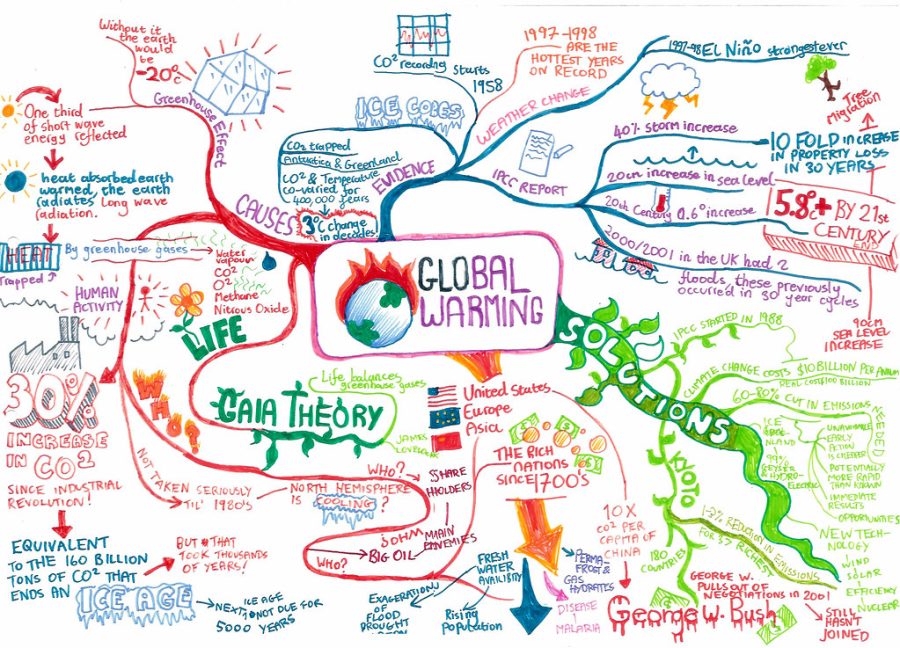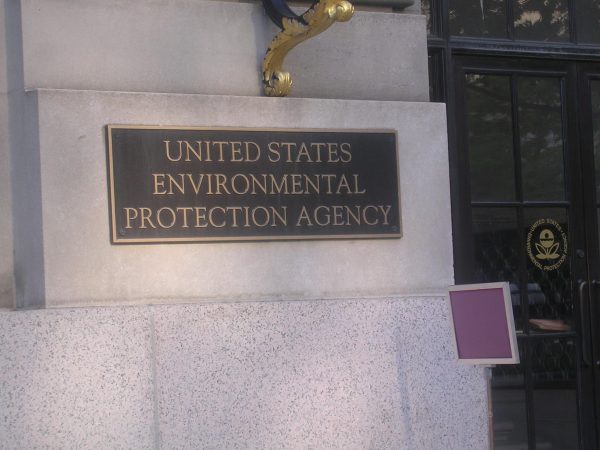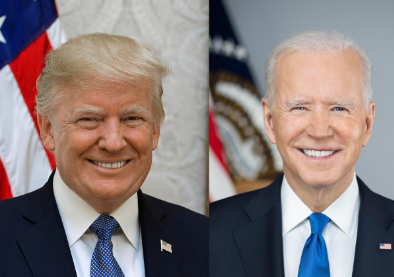COP26 Ends with a New Climate Agreement – and More Controversy
November 22, 2021
On November 12, the 2021 United Nations Climate Change Conference, commonly referred to as COP26, ended in Glasgow, Scotland, UK. The month-long summit concluded with an agreement to “phase down” coal use for energy worldwide, as many nations become more concerned with the growing pace global warming has taken over the past years. The final agreement was largely filled with compromises; the initial pledge to “phase out” coal was replaced with “phase down” after last-minute protests from China and India. This modification has fanned the flames on an already heated climate debate, stemming from how much of the energy burden should be put on developing nations.
The Paris Climate Agreement of 2015 was widely criticized for its lenience on developing nations such as China and India, two of the world’s largest carbon polluters. The two nations, both of which rely heavily on coal for electricity production, argue that fossil fuels are necessary for their economic development, as millions of their people continue to live in poverty. In fact, China’s per capita pollution still trails most developed nations and is nearly doubled by the United States. Still, being home to billions of people between them, China and India represent the largest proportion of CO2 emissions across the globe; their insistence on lessened commitments at COP26 was met by widespread dismay.
Developed nations, too, have been criticized for avoiding serious commitments to reducing their carbon emissions, and some of the world’s most endangered countries have spoken out. Nations such as the Maldives and many in Oceania are only feet above sea level, and face total destruction should sea levels rise due to melting ice caps. Urgency, now more than ever, is necessary for keeping to climate scientists’ threshold mark of 2o Celsius, the most the planet can warm before climate change becomes irreversible. Environmental leaders at COP26 still expressed hope at keeping global warming below 1.5o C, a mark originally set by the Paris Climate Agreement. With concrete commitments now in place, global leaders have taken more steps in building a unified front to combat climate change; however, it is evident that more action is necessary for the near future. COP27 in Egypt will see countries report their progress to the UN, where the world will see if commitments are kept and if the globe is on the right path to a climate solution.









